
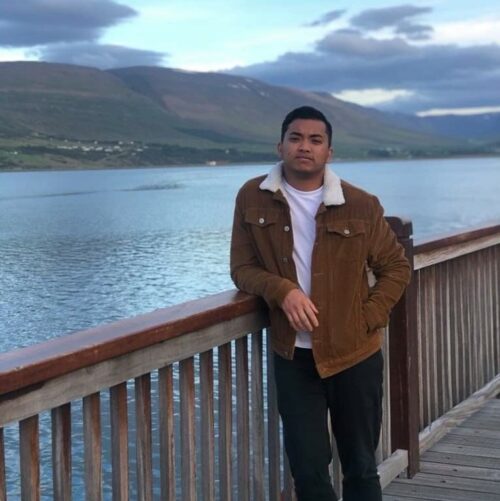
William Divinagracia
myndir:
Anna Kristín Shumeeva
uppskera-listamarkadur.is/collections/anna-kristin-shumeeva
@annasillustration
www.annais.online
My mother once told me a story about a conversation she had with my grandmother. I was little when this took place — maybe around two or three years old – and therefore I have no memory of this. Despite that, my mother swears by this. I was seemingly a topic in their little talk, because my grandmother turned to my mother and said, “One day, that child will be wearing shorts.”
Let me break down this sentence. There are a couple of things that piqued my interest when my mother told me about this. Firstly, the year was 1995 maybe 1996 and apparently it was uncommon for girls to wear shorts in the Philippines. And secondly, my grandmother said child and not girl. It was as if she was already aware of what my future might entail. Of course, this highly offended my mother. She was actually quite hurt by the words, and quickly brushed it off. Boy was she in for a surprise.
We moved to Iceland in 1998, my father had been living here since 1996. He got a job, a small apartment in Hveragerði and eventually flew his family across the world. Finally, the four of us were reunited and life was good. My sister and I started school and made some friends. Our parents worked hard and in a couple of years moved to the city. We moved to Breiðholt in Reykjavik, which meant a lot more people, both Icelandic and immigrants. I started school and made a couple of friends, but no one seemed to stick as I grew older.
Elementary school was uneventful for me. I made a couple of friends, but hung out very little with the kids in my class. I was usually around my sister and we would play by ourselves or with our cousins a lot. My sister is only a year older, so we grew very close. As a matter of fact, we still are.
She was one of the first people that I came out to and I regret nothing, because she has had my back from the very beginning.
Growing up, I always felt very out of place, both socially and physically. It is as if I did not belong, but I could not quite put my finger on it; did I feel like I did not belong in this life or did I feel like I did not belong in this life as this person?
The answer to this question became very clear to me in my late teens.


From an early age, I knew I was different. I did not like the same things as my sister and my behaviour was different from all the other girls in my school. I was very boyish and was not comfortable in my own body. It was as if there was something missing. In my early teens, I began to notice boys. I started to find myself somewhat attracted to them. In later years, this attraction began to fade, until it was fully nonexistent. It became very clear to me that I was never attracted to them; I wanted to be them. I shrugged off this idea and suppressed any feelings I had. This was the start of a negative mentality, but I did not know this then. In the beginning, I came out as bisexual. I accepted bisexuality as the perfect explanation as to why I was feeling all of these different emotions and attractions. Admitting that I was into girls as much as I was into boys lifted a weight of my chest. I was happy; I was content. I felt like I was finally the person that I was meant to be.
As time passed, I came to realize that I was paying more attention to girls than I was to boys. This caused me to have panic attacks on a regular basis and each day that passed me by, I grew more depressed about my situation.
Instead of seeking help, I began to ignore this. I put on my mask and I continued on with my life, as if this had not affected me in a way.
For a really long time, I was lying to others and to myself. I was never fully honest with who or what I was, I went with the things that were socially acceptable at the time. This caused even more suffering for me.
I was admitted into a psychiatric ward a few months short of my 20th birthday due to suicidal thoughts and anxiety. I did not understand my feelings or why negative thoughts consumed every corner of my mind. Somehow I landed myself in this situation and during this time I had two options; go against my doctors suggestions and bottle everything up or try and figure out why I was the way I was. I was there for a month and three weeks and there were good and bad days during my stay there. Some days I denied any visitors and other days I felt like I was where I was supposed to be.
During my time in the psychiatric hospital, I felt disconnected from the world. For the first time in my life, I started to face my problems and questions as to why I was feeling the way I was feeling and why I did the things I did. I participated in the group therapy sessions, much to my dismay. Some days were better than others, and there were days where I did nothing else but sleep. This was definitely a hard time for me, and it even took a toll on my family. For my parents, being depressed or anxious was not in their vocabulary. They did not understand how and why someone would not want to be alive. Despite this, they were patient with me. They tried their best to understand and support me. In a way, to this day, they still are.
I was introduced to the concept of being trans by my roommate in the hospital. And just like that, it was as if a lightbulb had turned on in my mind and in my body. THIS.
This was the answer for me. This was the answer to everything; why I felt disconnected with my mind and body, why I felt like I was lying to everyone when I used my name to introduce myself and why I felt like I did not recognize my reflection in the mirror. For the first time in my life, for a few minutes, my mind was at peace.
The beginning of my transition was tough. Even though this was something I was accepting, there was a part of me that was coming to terms with this. Contrary to a popular belief, coming out as your true self will take time for the individual to get used to. I feel the general public often forgets this. Coming out as female-to-male transgender is a big step for anyone, despite how much you identify with it. This decision did not only take a toll on my mental health, but also affected my family and I think my mother took it the hardest. In a way, she was mourning the loss of a daughter and her potential future when in reality, her child finally showed up.
To start off the transition was a series of interviews with a therapist who specializes in the field. For me, during these interviews, I had to face a lot of my problems and tackle them head on. Talking about my gender dysphoria to a stranger was a difficult thing for me to do, but it was something that had to be done to get to the next step. I remember coming to the realization during these many interviews, the reasons as to why I felt so detached from myself was mainly because I was not comfortable in my own skin. My mind was simply not aligned with my body. Of course this explained many things; I was never comfortable in certain clothing, I was never pleased with being “one of the girls” and the pronouns “she” and “her” never really did apply to me.
Most importantly, my name didn’t feel like my name.
I thought choosing a name would be difficult, but it was probably one of the easiest things to do during the whole process. My doctor told me once, while we ended our session, “Next time, I would like you to introduce yourself with a different name, like we’re meeting for the first time. And we’ll go from there.” The following week, I thought about possible names. I even tried writing a few down with my last name to see if it looked good. I browsed the internet and there were a lot of names that caught my attention. My next session with him rolled around, and I introduced myself with a different name. It wasn’t one of the names I had previously looked up. It was a name that just happened to roll off my tongue and the feeling was indescribable.

The next few years during my transition, were very difficult, but despite that, I felt liberated. I felt like I was finally my true self. I felt like I was not living a lie anymore. I had finally become the person I was meant to be but at the same time, I was still the same person with the same traits and personality. It took my family a while to come around.
Eventually, they came to the realisation that they did not need to mourn the loss of someone but rather welcome someone home.
Much like the people around me, I, too, had to get used to how my body was changing due to the hormones; my feet grew a shoe-size, facial and body hair started to become more evident and the most notable change, according to others, was how my voice dropped.
People who had not seen me in a while were shocked to hear me speak. There were times when my own mother would not believe me when she spoke to me on the phone. I, of course, did not notice how my voice got deeper; you never really hear it yourself until you watch an old recording. Even then, I would not believe how much deeper it really is. Another thing that I noticed early on in my transition is how much joy it brought me when people would use male pronouns and my new name. It was small things like that that made the days become more bearable. It also showed me how much people cared for me and my comfort. With each day that passed by, I became more confident and started to think that maybe being alive is not as bad as it seems.
The next step was the top surgery. I had heard other trans guys talk about it; how long it took, where the procedure is conducted, how long the recovery time is and how great it felt to go swimming for the first time. Before my top surgery, I had not gone swimming for two years, and that is a long time for me. After many failed attempts to book the surgery and cancellations due to the hospital being understaffed, my day finally came. Nearly two years on testosterone, on June 27th, 2017, my life changed for the better. A weight was literally lifted off my chest and I felt like I could breath. No more binding my chest or wearing a tight binder under my t-shirt. No more crossing my arms or crouched shoulders to make my chest seem more flat.
Luckily for me, they were not big to begin with. The surgery was successful, and I left the hospital with two small incision scars, about 2-2,5 centimeters on the side of each nipple. Today, you can barely see the scars. I never thought a surgery would drastically change the way I viewed my own body. After I recovered, I went swimming in Hveragerði for the first time in two years and the feeling of walking out in nothing but swim trunks is something I still remember vividly. A bare and flat chest was still something I had to get used to, but I did not mind at all; the first few weeks after my surgery, I would walk around shirtless whether or not I had any intentions of taking a shower.
There are a couple of things I have mastered ever since coming out; pretending to agree with locker room talks, though I never participate in them, and how to shower and change clothes at the gym. The latter part requires a lot of towel holding to cover your private parts. I know a lot of people are curious how my life works now, ever since I came out.
It still works the same, I’m in school, I go to work and I take it one day at a time.
I often think about where I would be had I never gotten the courage to face my problems and ask the important questions, such as “Why do I feel like this?” and “How can I help myself?”. I believe that I would not be here today had I chosen a different path; the easy way out. There’s always a way to overcome any obstacle; you just have to be willing to put the work in, day and night. It doesn’t get better overnight, things don’t change after a week; it takes time, and you are constantly working everyday to remind yourself that there is nothing wrong with you and there is no shame in admitting that you have a problem and that you need help during this time. Surround yourself with good people, people who make you happy and thankful for your existence and stop putting yourself so low on your list of importance because you deserve to be at the very top. You are simply worth it. This was not clear to me many years ago, but now it is.
Today, I am officially five years on testosterone and a little over three years post top surgery. I am twenty-seven years old and currently working towards my BA in English, working part time. I am engaged and we are currently expecting our first child. I have a family that loves and supports me, I surround myself with people who make me happy and cry and everything in between.
It took time to get to where I am today and I still have a long road ahead, and on that road there will be bad days and good days. Remembering the good days during the bad ones helps — at least that is what works for me.
Do you support Vía?
Vía counts on your support. By subscribing to Vía you contribute to the future of a medium that specializes in, and puts emphasis on equality and diversity.
Vía, formerly known as Flóra, was founded 4 years ago for critical readers that want to dive underneath the superficial layer of social discussion and see it from an equality, inclusion, and diversity perspective.
From the beginning, Vía has covered urgent societal topics and published issues and articles that have shone a light on inequality, prejudice, and violence that exist in all layers of society.
We emphasize publishing stories from people with lived experiences of marginalization.
Every contribution, big and small, enables us to continually produce content aimed to educate and shine a light on hidden inequalities in society, and is essential for our continuing work.
Support Vía
Resources for Marginalized Groups, Accessibility and Impediments
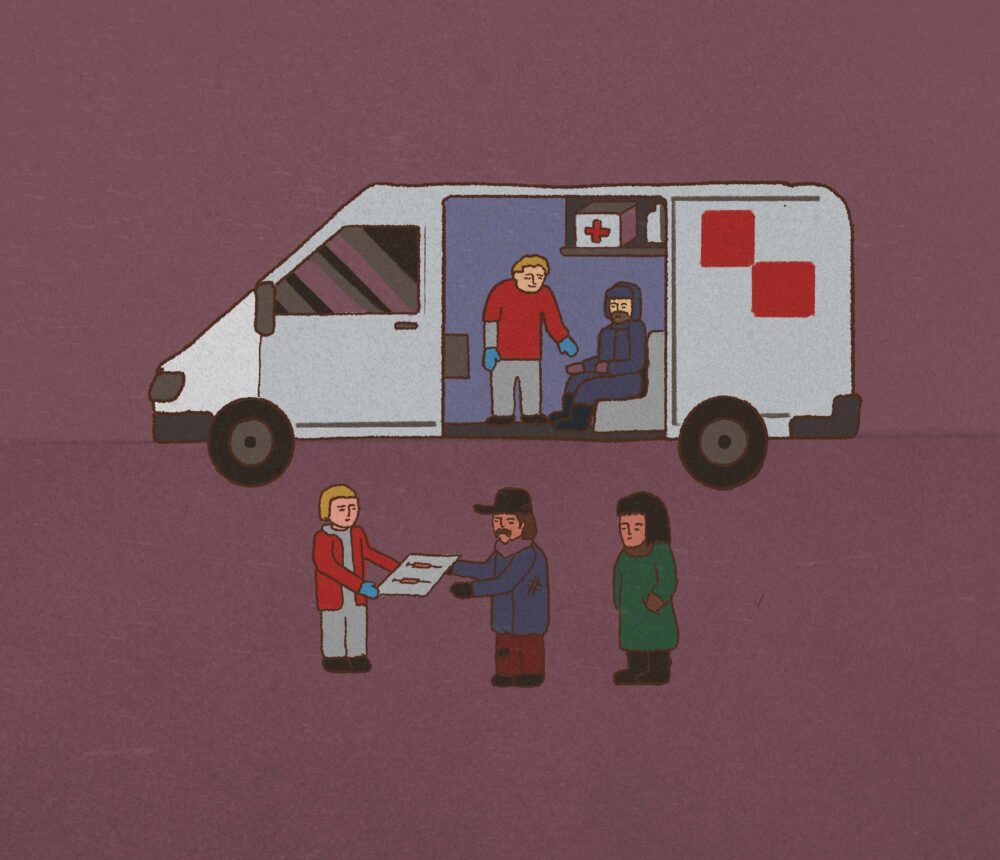
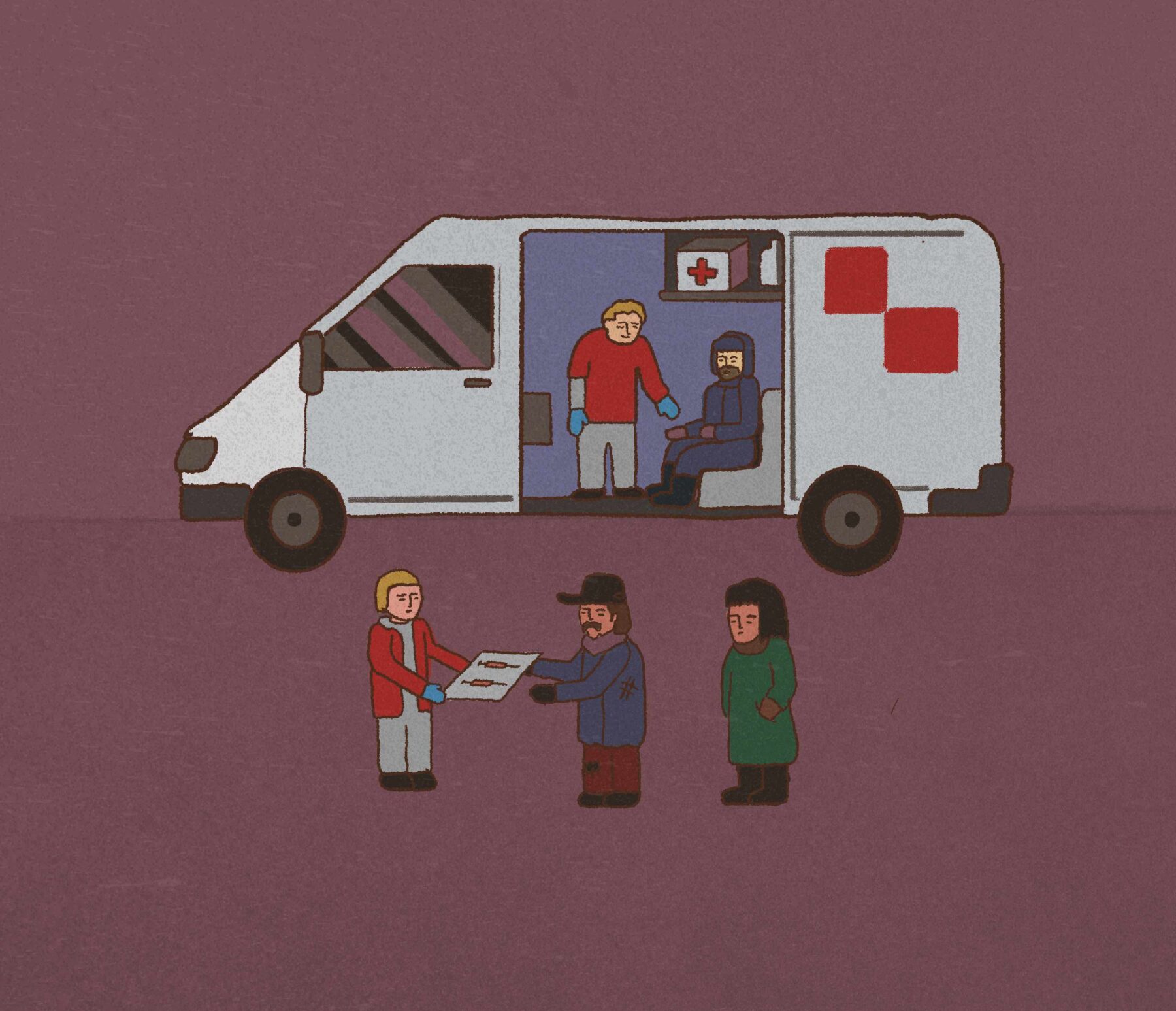
My Right to Exist
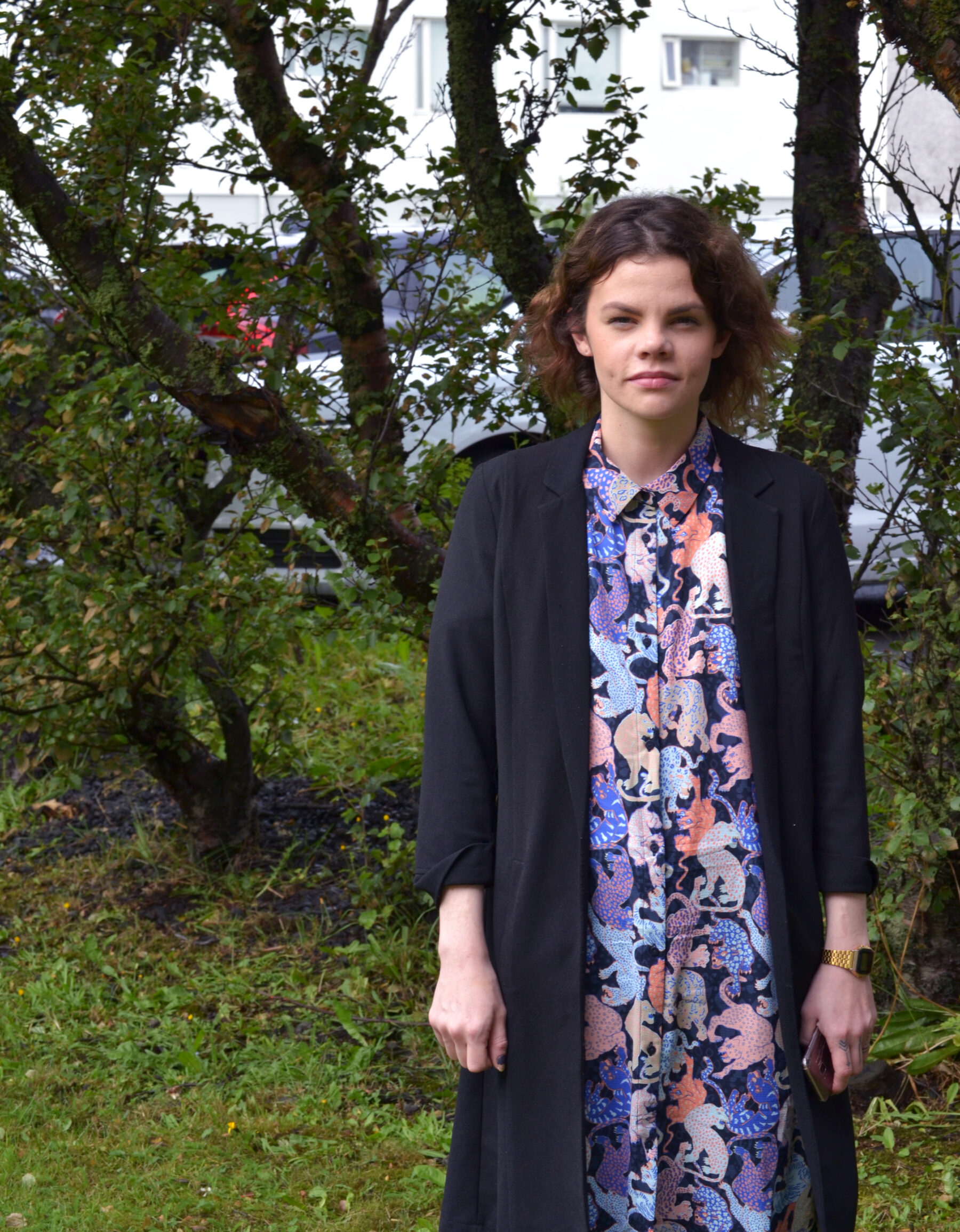

Hvernig líður þér
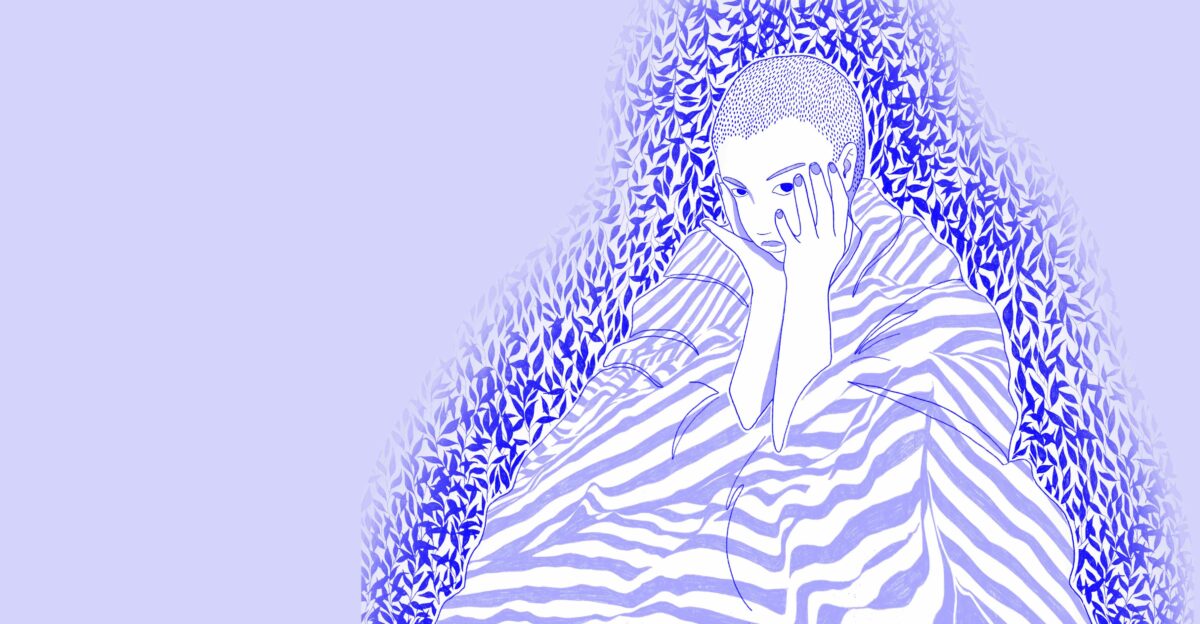
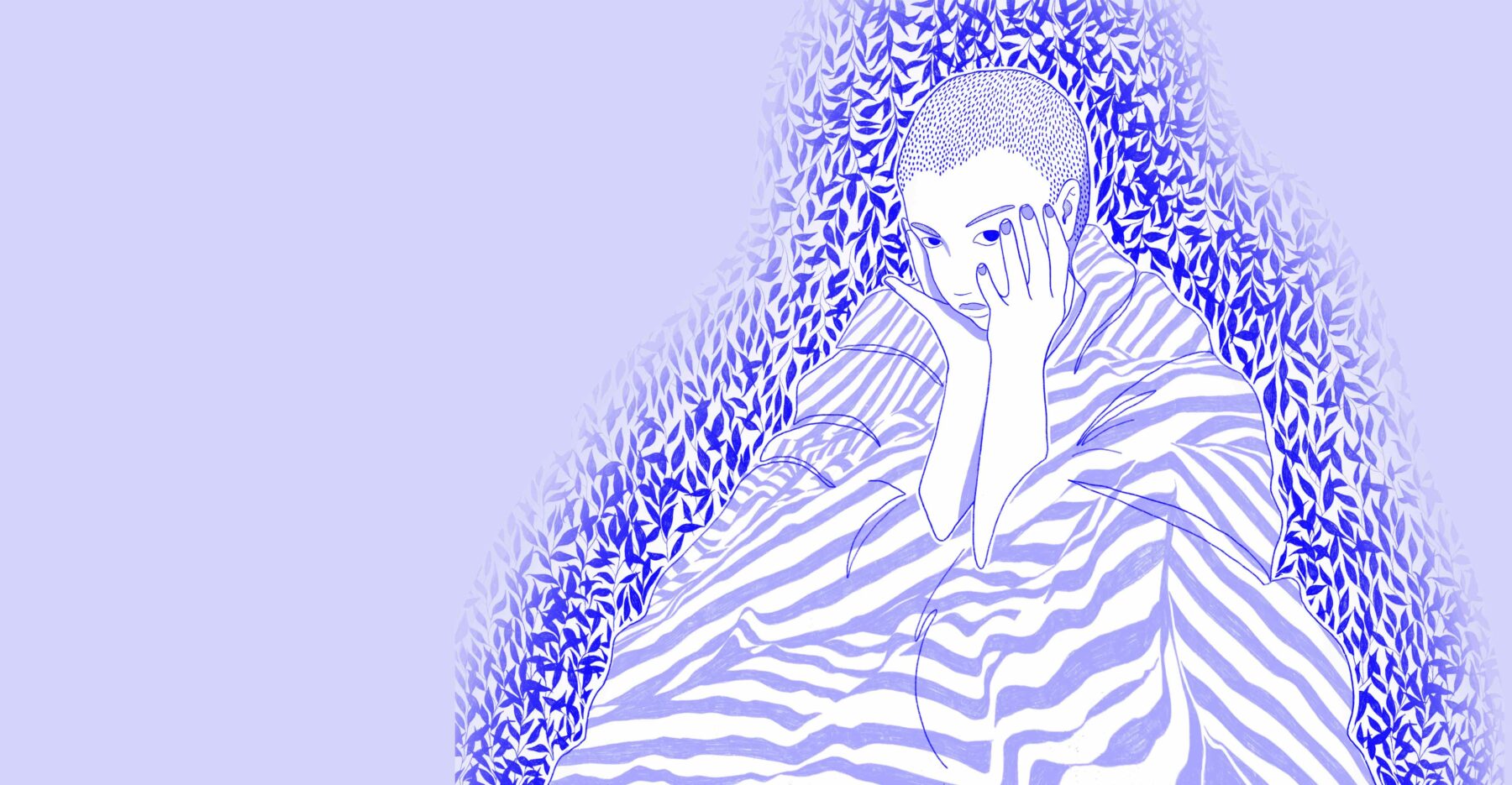
Thirty-nine people died from suicide
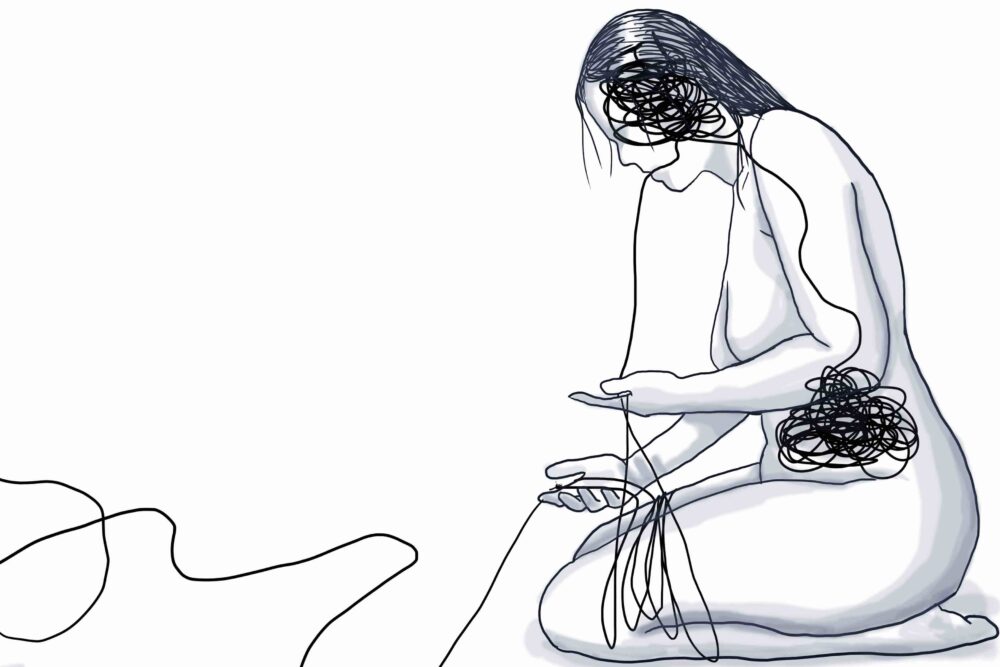
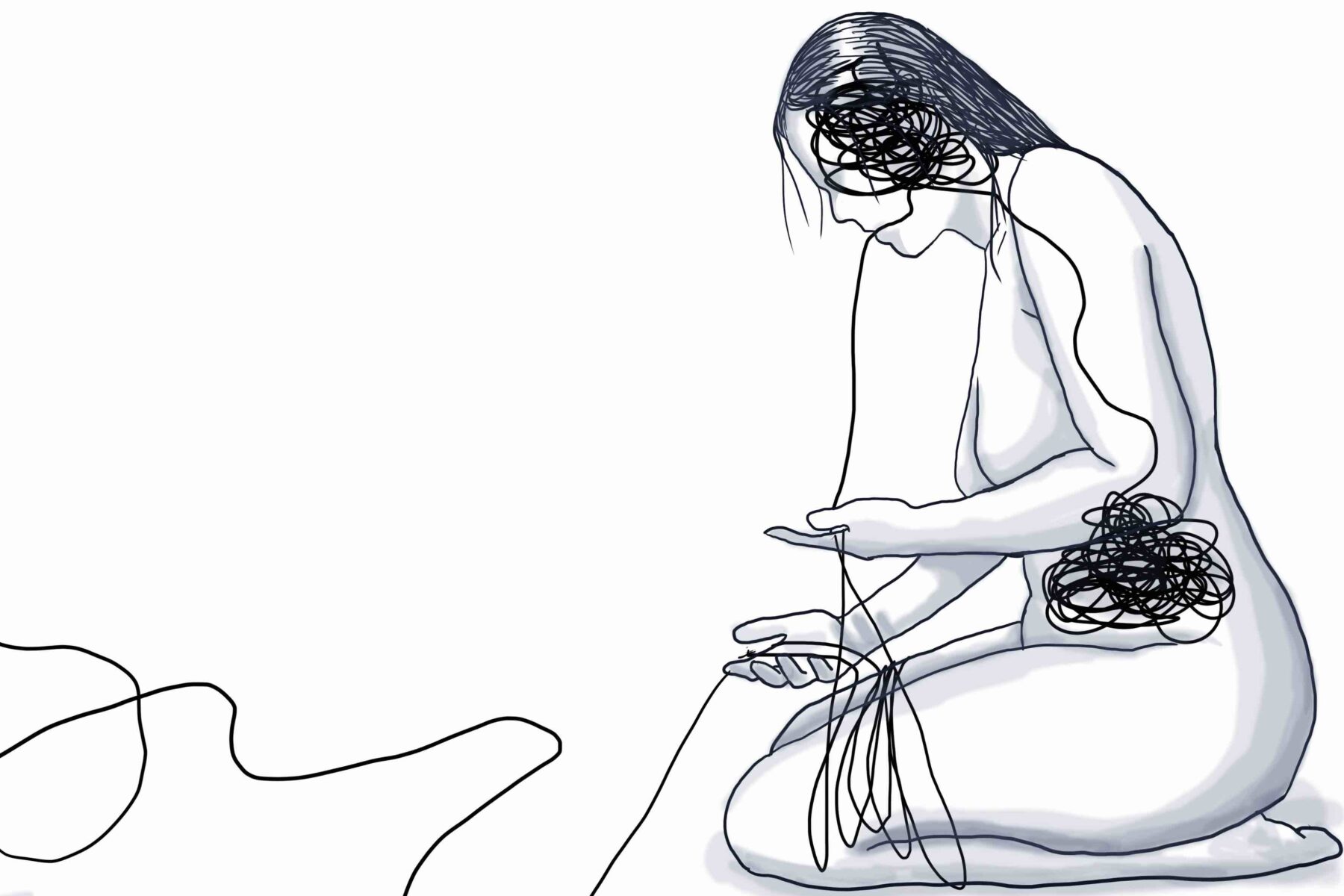
Read more about...